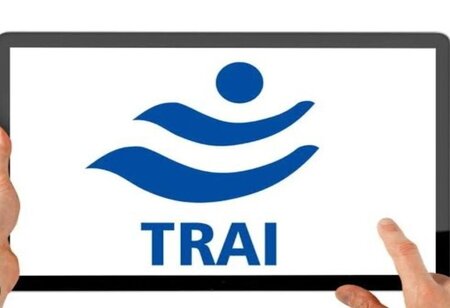Broadcasting Reforms Proposed by TRAI Awaits MIB Action
According to executives, the delay by the ministry of information and broadcasting (MIB) in acting on the telecom regulator's recommendations for broadcasting sector reforms is causing industry uncertainty.
They said this could stifle growth and innovation in the broadcasting industry, which is already dealing with challenges from changing consumer behaviour and rapid technological advancements.
The executives also stated that the ministry is unlikely to act on the Telecom Regulatory Authority of India's (TRAI) recommendations, given that the Broadcast Services Regulation Bill, which aims to establish a broader regulatory framework for television, digital, and OTT platforms, is being revived after being put on hold last year due to public outcry.
Since 2020, TRAI has issued 17 recommendations to reform the country's broadcasting sector, including responses to the ministry's previous references.
"The majority of the recommendations were made in response to references submitted by the ministry to TRAI. If the ministry is unwilling to act on them, it raises concerns about the purpose of these consultation exercises," said a top executive from a major TV distribution company.
The recommendations cover a wide range of topics, including the direct-to-home (DTH) licence fee, the sharing of local cable infrastructure with telecom and internet service providers to increase wired broadband penetration, and suggestions for the National Broadcasting Policy (NBP), which is being developed to foster a vibrant broadcasting ecosystem.
TRAI's recommendations on market structure and competition in cable TV services, including amending the Cable TV Act to allow infrastructure sharing between local cable operators (LCOs) and telecom/internet service providers, are also pending with the ministry.
According to Abhishek Malhotra, a senior advocate with two decades of experience in broadcasting and telecom regulation, TRAI's role as a regulator has come under pressure from both the telecom and broadcasting sectors.
"While the Telecom Act of 2023 aims to reduce the role of the regulator, the relationship between TRAI and the MIB has been cautious and not always collaborative. The proposed Broadcasting Services Bill aims to expand MIB's powers, potentially bypassing the regulator or establishing a new independent regulatory body," he said. "As a result, despite several pending TRAI recommendations, the MIB is proceeding with caution, aware that the new bill may change the regulatory landscape."
🍪 Do you like Cookies?
We use cookies to ensure you get the best experience on our website. Read more...






.jpg)